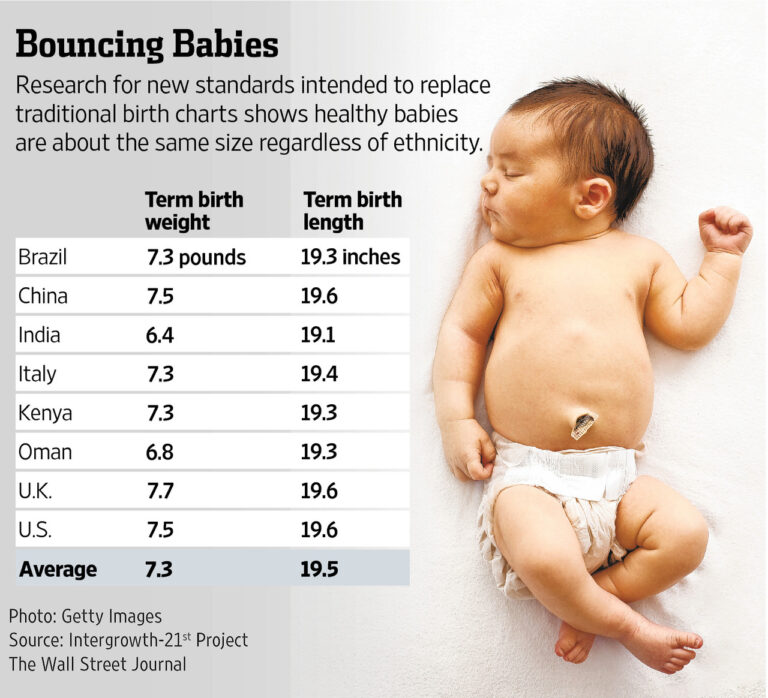Does Stress Cause Miscarriage: Exploring the Link Between Pregnancy and Emotional Distress
Pregnancy is a transformative journey, often accompanied by a rollercoaster of emotions. While stress is a natural part of life, excessive or prolonged stress during pregnancy can raise concerns about its potential impact on the developing fetus. This article delves into the intriguing relationship between stress and miscarriage, examining the physiological mechanisms, risk factors, and coping strategies involved.
Mounting evidence suggests a correlation between elevated stress levels and an increased risk of miscarriage. Understanding the underlying biological pathways and implementing effective stress management techniques can empower expectant mothers to navigate this delicate period with greater peace of mind and enhance pregnancy outcomes.
Does Stress Cause Miscarriage

Stress is a normal part of life, but can it lead to miscarriage? This is a question that many women have asked, especially if they have experienced a miscarriage in the past. The answer is not always clear, but there is some evidence to suggest that stress may be a factor.
FAQ Corner
Can stress cause miscarriage in early pregnancy?
While stress alone may not directly cause miscarriage, chronic or severe stress during early pregnancy can disrupt hormonal balance and affect fetal development, increasing the risk of miscarriage.
What are the signs of stress-induced miscarriage?
Symptoms may vary, but potential signs include vaginal bleeding, cramping, back pain, and a decrease in pregnancy symptoms. It’s crucial to seek medical attention promptly if any of these symptoms arise.
How can I manage stress during pregnancy?
Effective stress management techniques include relaxation exercises (e.g., deep breathing, yoga), mindfulness practices (e.g., meditation), connecting with support systems (e.g., family, friends, support groups), and seeking professional help if needed.
What role do healthcare providers play in preventing stress-induced miscarriage?
Healthcare providers screen for stress during pregnancy, provide support and guidance, and collaborate with patients to develop personalized stress management plans. They also monitor for signs of stress-related complications and intervene promptly when necessary.





